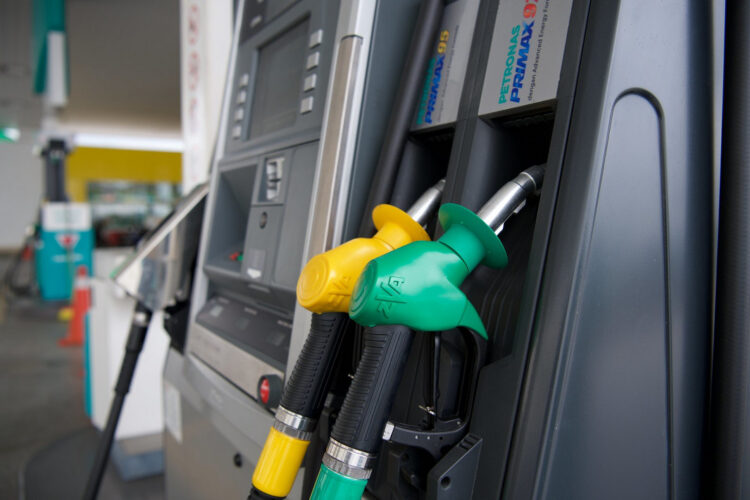Economy minister Rafizi Ramli has revealed that a 20-month pilot was conducted to prepare for the implementation of the targeted RON95 fuel subsidy that was announced during the Budget 2025 tabling last month. The project, which ran from 2022 to 2023, involved using MyKad and e-wallets at selected fuel stations.
This announcement was made in response to Kualu Krau MP Kamal Ashaari’s query about the project’s readiness during Dewan Rakyat yesterday. Rafizi also addressed concerns regarding the targeted RON95 fuel subsidy’s implementation, stating that the ‘announce first, research later’ came only from the Opposition. In terms of eligibility verification at the back end, the Central Database Hub (PADU) has been operational and applied in several use cases, he added.

Earlier, Pulai MP Suhaizan Kayat had asked for further clarification on how MyKad would be used to determine subsidy eligibility. Rafizi explained that the economy ministry is responsible for developing the eligibility framework, while the finance ministry oversees implementing the two-tier pricing system at fuel stations.
The minister added that the government is currently refining the RON95 fuel subsidy mechanism, with implementation slated for mid-2025. Both the economy and finance ministries are said to be collaborating to finalise the criteria, which will be presented to the Cabinet for approval.

Acknowledging the project’s hurdles, Rafizi highlighted the government’s commitment to mitigating risks, including verification issues and the potential misuse of identification cards. He emphasised the importance of ensuring a well-structured system that balances efficiency and public convenience, while prioritising on addressing potential challenges such as poor internet access and issues related to faulty ID card chips.
Meanwhile, in response to Pulai MP Suhaizan Kaiat, Rafizi cautioned against using vehicle registration as the basis for targeted RON95 subsidies, highlighting that this approach could exclude many lower-income B60 households – around 40% of whom lack registered vehicles. The minister added that families often share vehicles registered under another person’s name, leading to significant mismatches, as seen during the diesel subsidy rationalisation.


